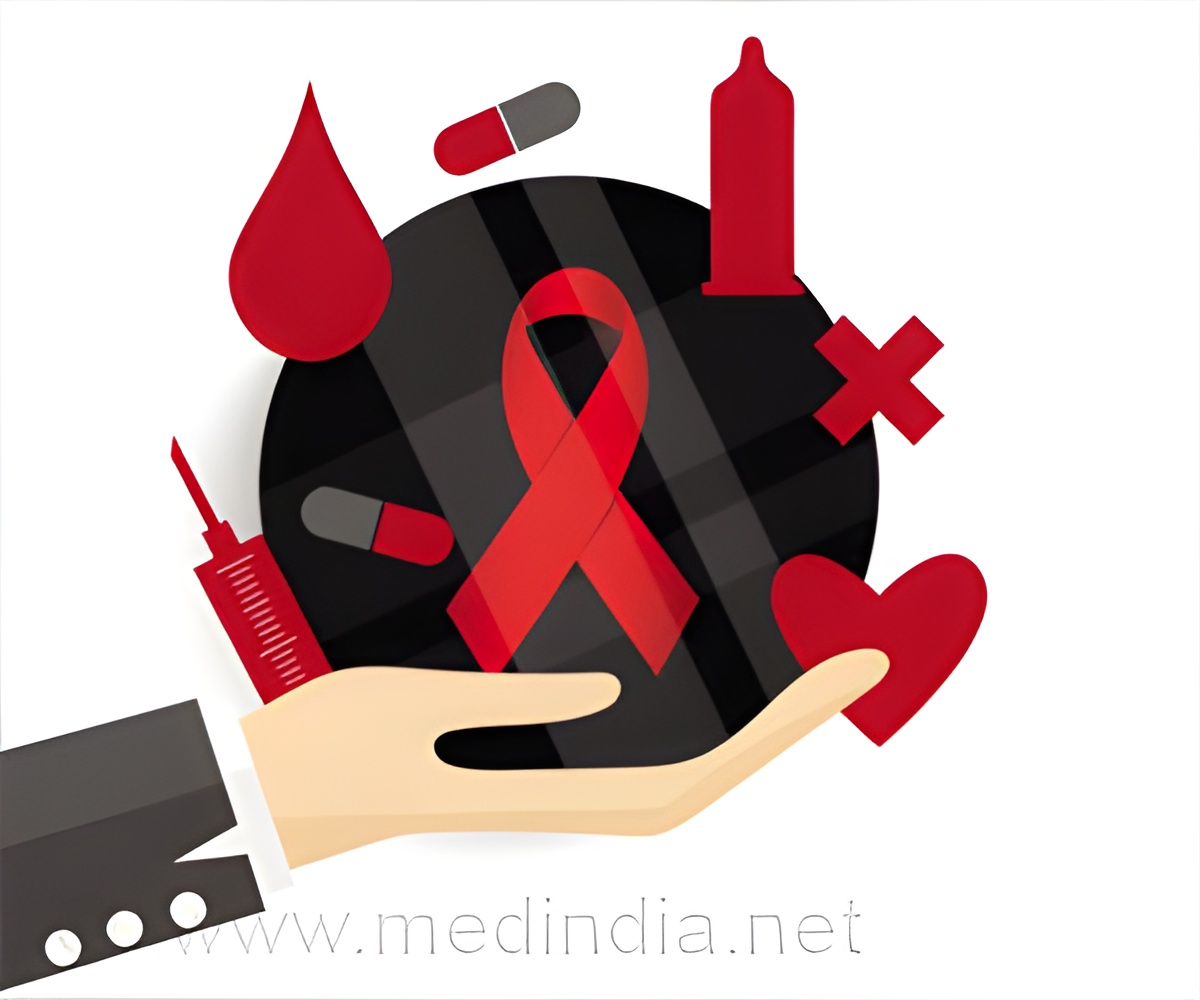World AIDS Day is celebrated to raise awareness about AIDS and this years theme is “Hands up for #HIV Prevention”

- World AIDS Day 2016 is celebrated on December 1st 2016
- The theme for this year is “Hands up for #HIV Prevention”
- 78 million people affected with AIDS across the world
World AIDS day highlights the stigmas and issues associated with AIDS and HIV infections and to remove complacency that may have occurred in the fight against the disease. The theme for World AIDS Day 2016 is “Hands up for #HIV Prevention”
- HIV is one of the most significant disease in low and middle income countries
- 78 million people are affected with HIV across the world
- Anti-retroviral therapy has ensured that people live longer with HIV
- 35 million AIDS-related death
Countries across the world are striving to eliminate HIV and concerted efforts are being taken to provide anti-retroviral therapies to everyone affected with HIV/AIDS. The target set on this day is to -
- Reduce the number of HIV infected to 500,000 by 2020
- Eliminate HIV/AIDS – by 2030
The challenges faced in controlling HIV are access to testing, medical care and co-infection like pneumonia and cancer. This Year’s Theme “Hands up for #HIV Prevention”
The theme focuses on preventing the spread of the infection as it will lower the burden of disease and eliminate medical costs incurred due to infection. HIV is transmitted via contact with body fluids like saliva, semen, mucus from the rectum from anal sex as well as breast milk. One of the chief routes of transmission that is actively being prevented is mother to child transmission.
HIV Infection
HIV, stands for human immunodeficiency virus, which attacks the CD4 immune cells and grows in number over a period of years to result in symptoms associated with AIDS.
Michel Sidibé who is the Executive Director of UNAIDS, and Under-Secretary-General of the United Nations, published a statement for World AIDS Day 2016 “With access to treatment, people living with HIV are living longer. Investing in treatment is paying off, but people older than 50 who are living with HIV, including people who are on treatment, are at increased risk of developing age-associated non-communicable diseases, affecting HIV disease progression.”
Dr.S.Shroff, who did the first kidney transplant on a HIV patient in India said, “ we have come far in our fight against HIV/AIDS. The societal stigma is a lot less and we have better mechanisms in place to tackle the disease.” He added, “when we first started there was a holocaust projection of the disease but over the years we have understood the disease better and the medication available has had the desired effect in controlling the infection. This is the right time to start considering on how to eliminate this disease”
Michel Sidibé also added that the fight against AIDS/HIV infection continues and is challenging. What we have learnt over the years is that we can tailor the response to individual needs of the infected patients. We have also learnt that whatever be our individual situation , we all need access to the tools to protect us from HIV and to access anti-retroviral medication should we need them.
References:
- HIV Overview - (https://aidsinfo.nih.gov/education-materials/fact-sheets/19/45/hiv-aids--the-basics)
- 10 facts on HIV/AIDS - (http://www.who.int/features/factfiles/hiv/en/)
- World AIDS Day message 2016 - (http://www.unaids.org/en/resources/presscentre/pressreleaseandstatementarchive/2016/november/WAD2016message)
- Renal transplantation in a HIV positive patient - Mann A, Soundararajan P, Shroff S : 2009 | Volume: 19 | Issue Number: 3 | Page: 119-121















